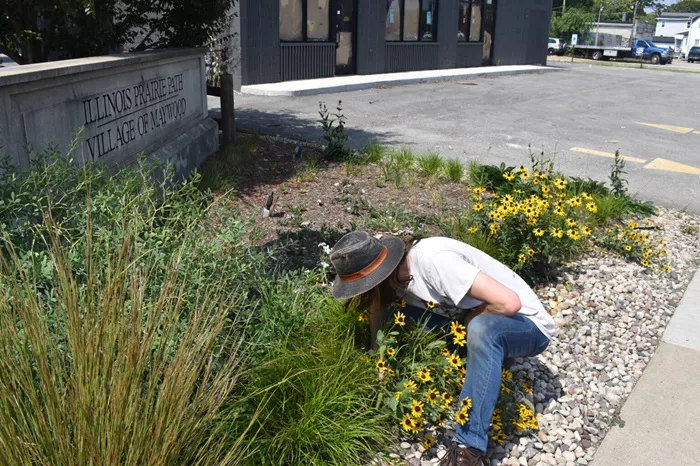Decline in Wildlife Linked to Loss of Native Plants.
Residents have recently observed fewer birds and a lack of insects, such as mosquitoes, in their environments. During a recent meeting of the Daniel Island Garden Club, Sharleen Johnson, owner of Native Plants to the People nursery on James Island, explained that this trend is tied to the decline of native plants.
Johnson emphasized that native plants have evolved alongside local wildlife, forming essential relationships within the food web. These plants provide crucial resources for birds and insects, while non-native plants often do not meet the specific needs of local animals, disrupting vital ecological connections. She pointed out that many commonly used garden plants are unsuitable for the region.
“Non-native plants do not offer the same nutritional benefits or habitat as native ones,” Johnson stated. She added that native species are vital for pollination, as many insects rely on specific native flowers.
To address this issue, Johnson encouraged club members to practice native gardening. “Incorporating native plants into our gardens beautifies our spaces and supports the intricate web of life that relies on them,” she said. She suggested starting small by replacing a few non-native plants with native varieties to help restore local habitats.
Johnson shared several easy-to-grow native plants, including Black-Eyed Susans and coneflowers, which thrive in the local soil and climate. These plants not only benefit wildlife but also require less maintenance and water than many non-native species.
Other native favorites include goldenrod, asters, native milkweed, and goldstern, which attract bumblebees, hummingbirds, and butterflies. In her own backyard, Johnson has seen wildlife flourish since she began planting native species.
“We have dozens of butterflies, bumblebees, and migrating warblers,” she shared. “Converting a low-food value habitat into a thriving space for wildlife brings so much joy.”
In addition to planting native species, Johnson highlighted the need to create wildlife habitats. She suggested adding features like birdhouses, bee hotels, and water sources to support various species. “We can make a difference in our own backyards,” she stated.
Johnson also urged garden club members to rethink their use of pesticides, noting that these chemicals harm beneficial insects and disrupt the ecosystem’s balance. “We don’t want to kill beneficial insects, as they play vital roles in pest control and pollination,” she said.
For those interested in planting native species, Johnson recommended starting small and gradually expanding. Fall is an ideal time to plant in Charleston, as cooler weather helps establish strong root systems. “Once you assess the conditions and match plants to them, you’ll watch your native garden come to life,” she concluded.
Related topics:
- Spread Kindness: Give Two Free Flower Bouquets
- Be Aware of Harmful Plants for You and Your Pets as the Weather Cools
- The Mysterious Plant That Turned Ancient Israel into a Perfume Leader


